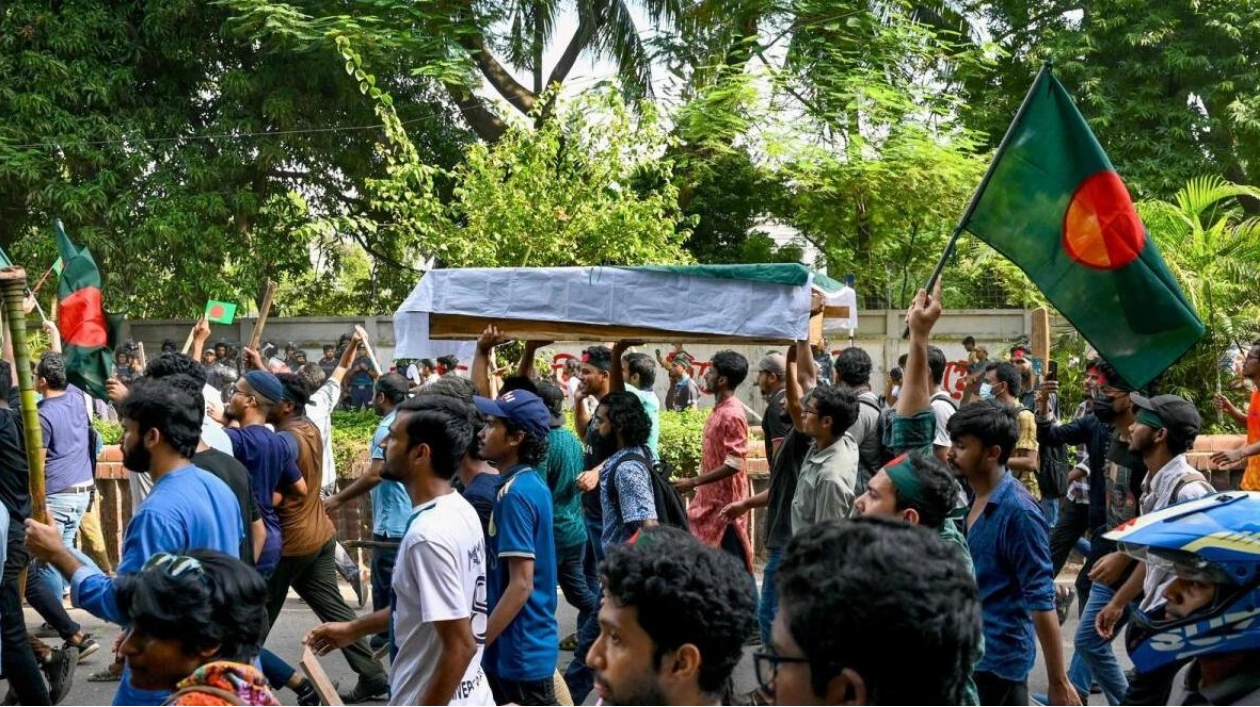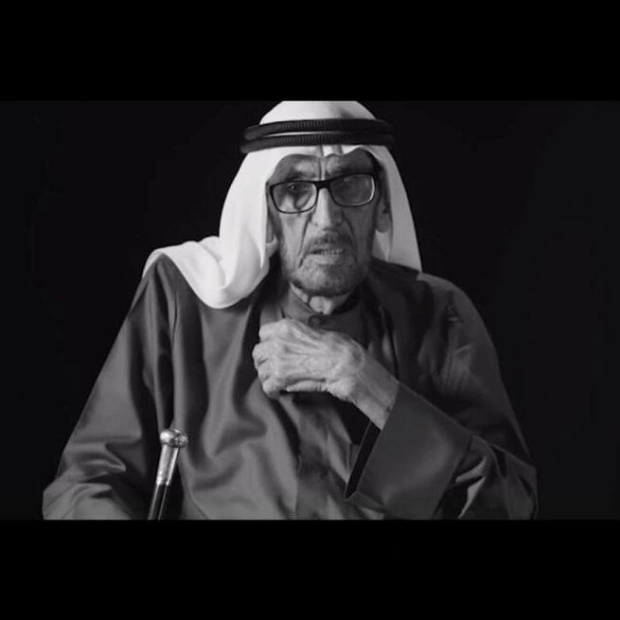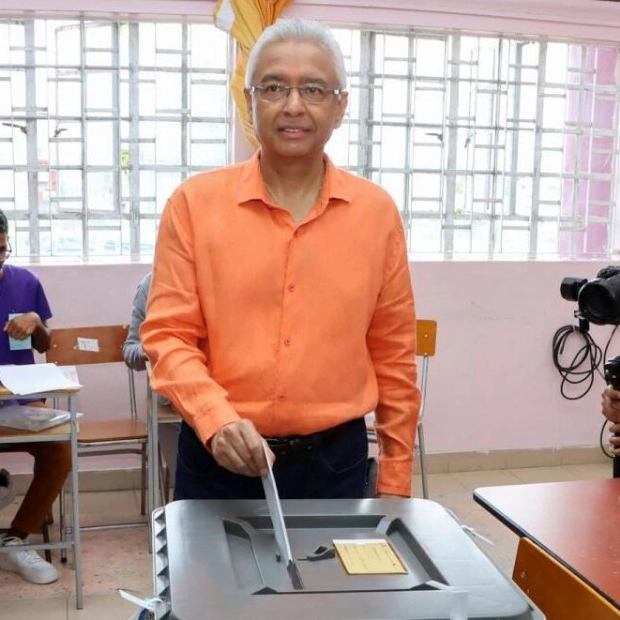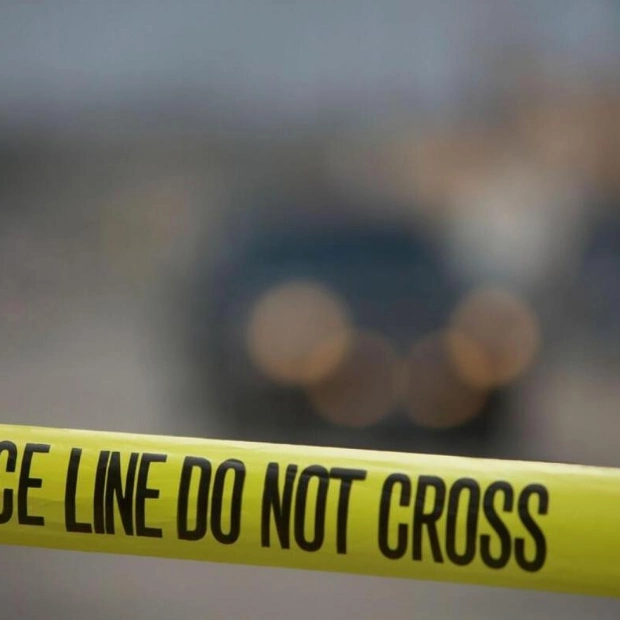Bangladesh is experiencing its most severe unrest in years following the deaths of at least 39 people during protests calling for the abolition of preferential hiring rules for coveted civil service positions.
AFP delves into the reasons behind the nationwide student protests and the escalation of weeks-long demonstrations into violent confrontations: The controversy over job quotas in Bangladesh involves over 1.9 million civil service positions, as reported by the country's public administration ministry in 2022. More than half of these positions are filled not based on merit but through affirmative action policies that favor women, residents of less developed regions, and other marginalized groups. The most controversial part of this quota system is the reservation of 30% of posts for the children of freedom fighters from the 1971 war of independence against Pakistan. These rules, instituted in 1972 by Sheikh Mujibur Rahman, the father of current Prime Minister Sheikh Hasina, were reduced in 2018 due to student protests, but a recent High Court ruling deemed the reduction illegal and mandated the reinstatement of the freedom fighter category.
Despite significant economic growth driven by a booming textile industry that contributes around $50 billion annually to exports, Bangladesh still faces challenges in providing sufficient employment for its population of approximately 170 million. Over 40% of Bangladeshis aged 15 to 24 are neither working nor engaged in education or training, amounting to 18 million people. The job crisis is particularly dire for university graduates, who view civil service positions as a route to stable employment. Students argue that the quota system is manipulated to fill government roles with supporters of the ruling Awami League party and demand a drastic reduction in quotas to apply only to ethnic minorities and individuals with disabilities, with the remaining 94% of positions awarded purely on merit.
The protests, which began on July 1 with university students blocking major roads and railways, have continued daily, attracting high school students despite the Supreme Court's temporary suspension of the quota system. Violent clashes erupted between anti-quota demonstrators and the student wing of the Awami League, with over 400 injuries reported at two universities in Dhaka. The situation worsened on July 14, with 32 deaths and reports of violent incidents in nearly half of the country's districts. Protesters targeted government offices, leading to injuries of over 700 people, including police and journalists. Helicopters were used to rescue trapped police officers during the clashes.
In response, Prime Minister Hasina ordered indefinite closures of schools and universities and deployed the Border Guard Bangladesh to maintain order. Police arrested members of the Bangladesh Nationalist Party, seizing weapons. In a national address, Hasina condemned the violence and promised justice, while the Justice Minister called for dialogue. The government also imposed a nationwide internet shutdown, prompting continued protests and international calls for protection of students.






